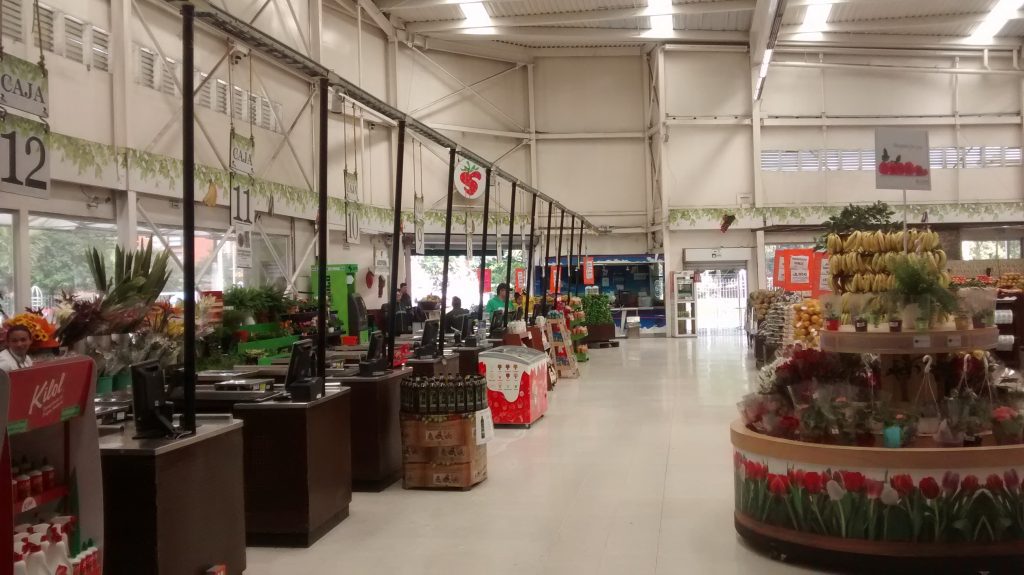
@wwaycorrigan
Picture the scene. You’re a checkout operator and you’ve just finished with one customer, a lady who left a small bag of vegetables at the cash register, something she decided she didn’t want. There’s only one other person to be served in a largely empty fruit and veg shop.
Do you first attend to that other person and return the unwanted product to the shelves later, when there’s no one else left in line? Or do you nonchalantly return the product to the shelves telling the waiting customer you’ll be back in a moment?
I think it’s fair to say that most people with an ounce of customer-service wit about them would choose the former option. An inanimate product, in most cases — unless it’s causing an amount of inconvenience or the like — should play second fiddle to a living customer staring you in the face. If not, you run the risk of eventually having no customers at all to serve. The product won’t be much good to you then.
Director of Disservice
The thing is, taking the second course of action mentioned above, or something along those lines, is what happens in Colombia far too often to make it an insignificant anomaly. Many working in the «service industry» here just don’t seem to get what that actually should be.
A regular sight is seeing employees focus on what is a non-urgent task, leaving customers waiting. For example, in a restaurant or bar, they’ll clean the floor while there are people looking to be served. «We’ve no clientele but at least the floor is spotless.» Excellent.
There is no understanding of priorities — if anything is prioritised that is.
«The service industry in Colombia would be a nice idea.»
Linked to this is that very annoying practice of not respecting a queue. While the general public must be berated for this, it is a culture thing, employees have to take some of the flak here as well. If somebody is known to have jumped the queue, simply don’t serve them. Make them wait. And wait. That’ll teach them. (Well, it probably won’t, but …)
Now while we can make excuses for a shoddy service from very poorly-paid employees working in establishments that they don’t really care about, we can’t do the same for self-employed business owners. You would think that they’d be more attentive to the needs of their customers. Alas, even these types are often found wanting in this respect.
«Not bovvered»
We’re not even asking for a customer-is-always-right» approach. Needless to say a lot of the time they’re not and it’s not always best practice to kowtow to all their demands.
The problem here is that at times it’s more like «we don’t give two flying figs about the customer».
It reminds me of some miserable bar lady types back in Ireland. You go in for a pint and they make you feel as if you are disturbing them from their soap opera viewing. «What do you want?» «Sorry, I thought this was a *public* house, I was merely looking for a drink. I didn’t mean to be an inconvenience.»
The miserableness doesn’t tend to be a feature in Colombia, it’s more a general «couldn’t care less» demeanour.
To borrow from Mahatma Gandhi when he was once asked for his thoughts on Western civilisation, the Colombian service industry «would be a nice idea.» We live in hope, slim as it is.
_______________________________
Facebook: Wrong Way Corrigan – The Blog & IQuiz “The Bogotá Pub Quiz”.
Listen to The Colombia Cast podcast here.





Comentarios